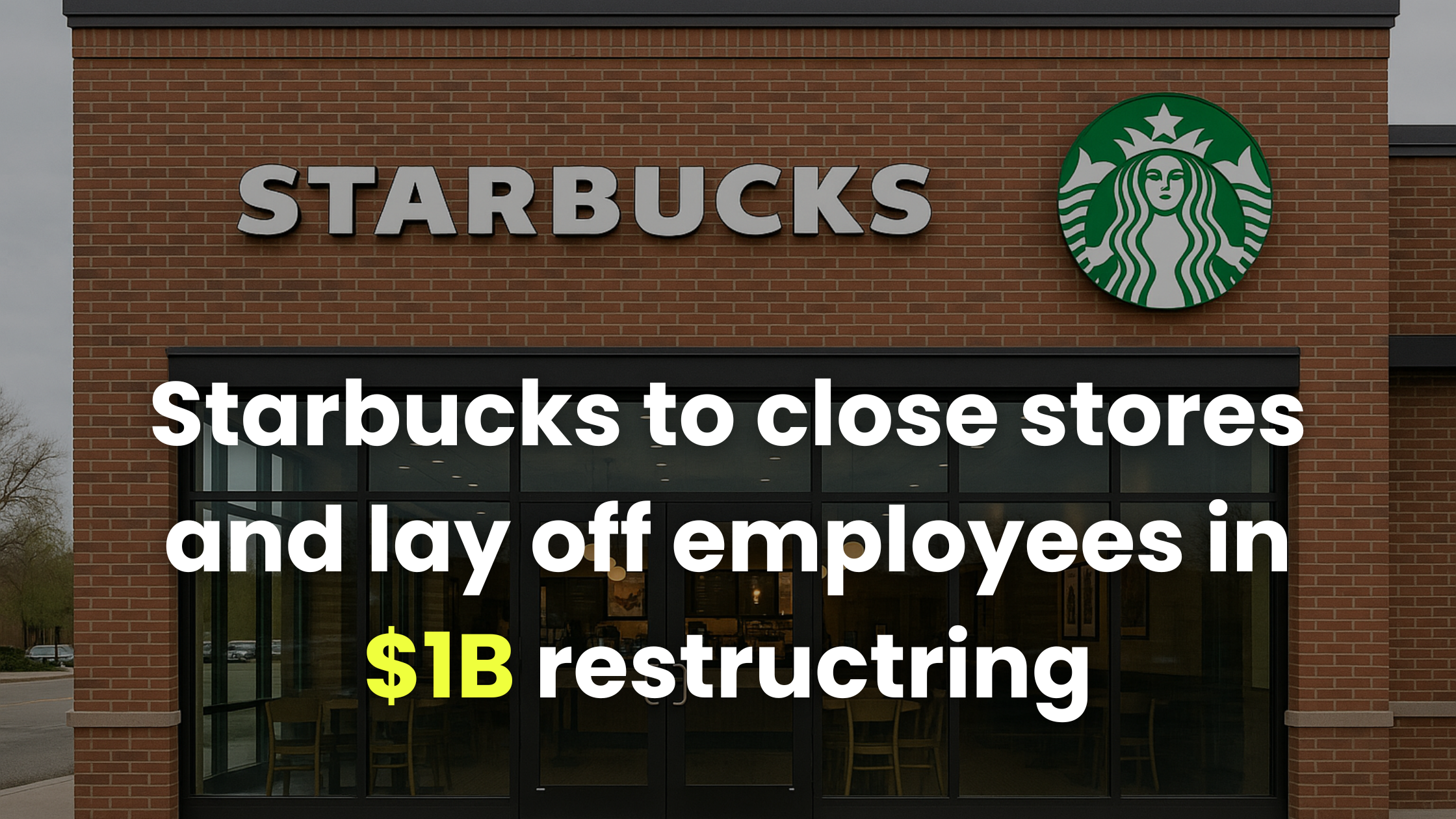
Starbucks Restructuring: Store Closures, Job Cuts, and the Future of Coffee Culture
Starbucks Restructuring: Store Closures, Job Cuts, and the Future of Coffee Culture
- azeem memon
- 26-09-2025
- 26-09-2025
- 931 views
- Information

The coffee industry is buzzing with major news: Starbucks has announced a $1 billion restructuring plan that involves closing underperforming stores, cutting nearly 900 corporate jobs, and making sweeping changes to its operations. This move is not just about cost-cutting, it reflects broader challenges and shifts within the global coffee market. In this blog, we’ll explore what Starbucks’ restructuring means for customers, employees, and the wider coffee industry.
Why Starbucks is Restructuring
Starbucks’ decision comes at a time when coffee consumption is at record highs, yet competition has never been fiercer. Specialty coffee chains, local cafés, and even fast-food outlets are grabbing market share. At the same time, rising supply chain costs and record-high coffee bean prices are squeezing profit margins.
The restructuring aims to:
- Streamline operations by focusing on profitable stores.
- Enhance the customer experience with shorter wait times and improved service.
- Reinvest savings into technology, menu innovation, and café redesigns.
Store Closures: A Strategic Move
While the news of store closures sounds alarming, Starbucks is not exiting key markets. Instead, the company is shutting down underperforming locations, often in areas with overlapping stores or declining foot traffic. By doing so, Starbucks aims to concentrate its resources where demand is stronger and customers remain loyal.
Broader Industry Implications
Starbucks’ restructuring is not just about one company—it highlights challenges across the coffee sector:
- Rising Coffee Prices: Global supply chain pressures and climate change continue to push costs upward.
- Shift to Specialty Coffee: Younger consumers are leaning toward unique, premium, and local coffee experiences.
- Technology in Coffee Retail: Mobile apps, AI recommendations, and delivery partnerships are becoming essential to stay competitive.
This restructuring may set a precedent for other global coffee chains facing similar pressures.
Conclusion
Starbucks’ decision to close stores and cut jobs is more than just a financial adjustment—it’s a signal of transformation in the global coffee industry. Customers may see fewer Starbucks locations, but the company is striving to ensure that the stores that remain are more innovative, efficient, and customer-friendly.






















